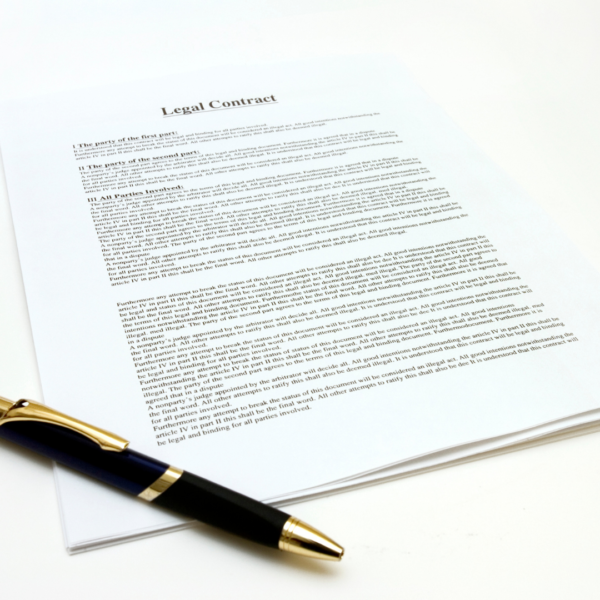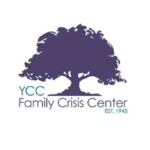Order the Respondent to stay away from the Petitioner and the Petitioners home, job, vehicle or school, and not to contact or harass the Petitioner in any way.
What can a Protective Order do?
The police can arrest the Respondent for not obeying the Protective Order. Then the judge can order the Respondent to pay a fine or go to jail or both.
A Protective Order is not a substitute for divorce. Permanent child custody, parent time and support and permanent division of property require a divorce decree.
How can I obtain a Protective Order?
Advocates from YCC are available to assist you free of charge in filing for a protective order or answer any questions you may have regarding protective orders. They also provide accompaniment to court as well as ongoing support and referrals. To connect with an advocate, call the crisis line at 801-392-7273 and ask to speak to a protective order advocate, or call 801-689-1704 for the advocate program coordinator.
Need Legal Help?
Join us for FREE legal advice.
While YCC and its employees are not qualified to give legal advice, we do offer legal advice from licensed attorneys.
Held at the YCC Family Crisis Center
2261 Adams Avenue
Ogden, Utah 84401
Every 1st and 3rd Thursday of the month
From 4:00 to 6:00 pm
APPOINTMENT REQUIRED!
Call 801.394.9456 the Monday or Tuesday during the week of Legal Night for an appointment.
Eligibility
- be considered the victim of a crime and that victimization has led to seeking legal assistance
OR
- have a household income below 200% of the federal poverty level.
Poverty Guidelines here.
Topics Covered
- Divorce
- Child Support
- Custody
- Tenant Housing Issues
- Elder Law
- Guardianship







